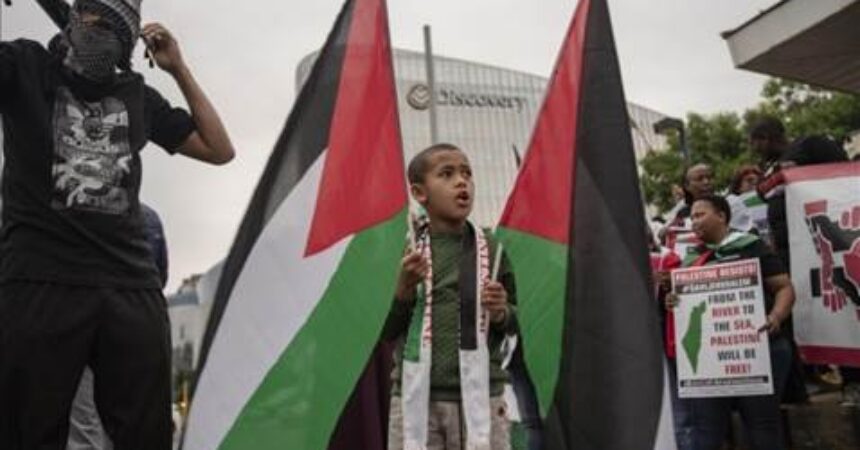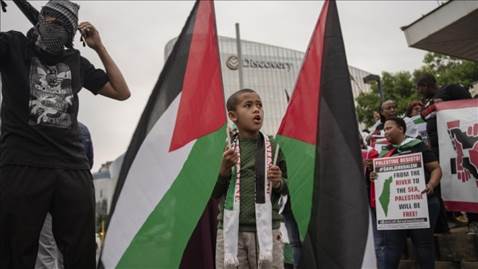
African nations ‘deeply divided’ over Israel-Hamas split

Photo submitted
Special to Trice Edney Wire
From Global Information Network
Back in 1963, the founders of the Organization of African Unity pledged to work and speak as one, forge an international consensus in support of the liberation struggle and fight against apartheid.
Their aims were high. The achievements less so. Last week, a one-day Cairo Summit for Peace, attended by leaders and top officials from more than a dozen countries, closed without agreement on a joint statement two weeks into a conflict that has killed thousands and visited a humanitarian catastrophe on the blockaded Gaza enclave of 2.3 million people.
Only one Africa leader, President Cyril Ramaphosa, was in attendance.
The speeches reflected growing anger in the region, even among those with close ties to Israel as the war sparked by a massive Hamas attack enters a third week with casualties mounting and no end in sight.
The current Israel-Hamas conflict in the Gaza strip has left the African continent deeply divided, with some countries choosing to remain silent while others openly showing solidarity with either Israel or Palestine.
Kenya, Ghana, Rwanda and the Democratic Republic of Congo all expressed some form of support for Israel since the outbreak of the Israel-Hamas war.
“Kenya joins the rest of the world in solidarity with the State of Israel and unequivocally condemns terrorism and attacks on innocent civilians,” said President William Ruto, writing on Twitter, now known as X.
Ghana’s Ministry of Foreign Affairs proclaimed Israel’s right to exist and defend itself while cautioning that country to exercise restraint and seek negotiation talks for both parties.
Rwanda called the Hamas attack an ‘act of terror’ while the Democratic Republic of the Congo expressed support for Israel from the presidency’s Twitter account.
South African President Cyril Ramaphosa, in contrast, expressed solidarity with the people of Palestine.
“All of us standing here pledge our solidarity for the people of Palestine,” he said at a recent meeting of the African National Congress in Johannesburg. “We stand here because we are deeply concerned about the atrocities that are unfolding in the Middle East.”
One of Palestine’s strongest African supporters is Algeria which condemned ‘brutal air strikes by the Zionist (Israel) occupation forces in the Gaza Strip’. They stated they were in ‘full solidarity with the Palestinian people’ while calling on the international community to act against ‘repeated criminal attacks.’
Tunisia, a member of the Arab League like Algeria, expressed ‘complete and unconditional support for the Palestinian people “who have been ‘under Zionist occupation for decades.” They called on the world ‘to stand by the Palestinians and remember the massacres carried out by the Zionist enemy.”
Countries that are more neutral include Nigeria, which on the day of the attack, condemned the “cycle of violence and retaliation that the current escalation has assumed.”
While Uganda has not taken an official side, President Yoweri Museveni urged Israel and Palestine to strive for peace and a ‘two-state solution’.
“African countries take different positions based on their political and geopolitical interests,” said Louis Gitinywa, a Rwanda-based political analyst and constitutional lawyer. “This is nothing new. States have interests, they don’t have friends.”
The only African country with a strong historical attachment to Israel is Ethiopia, but it is yet to make clear its stance on the current situation.
Buchanan Ismael, a political scientist at the University of Rwanda, pointed out that some African countries depend on Israel for military technology and weapons.
“I don’t think African states have very strong diplomatic relations with Israel,” he said. “Their ties are based on an “opportunistic way of cooperation and assistance.”







